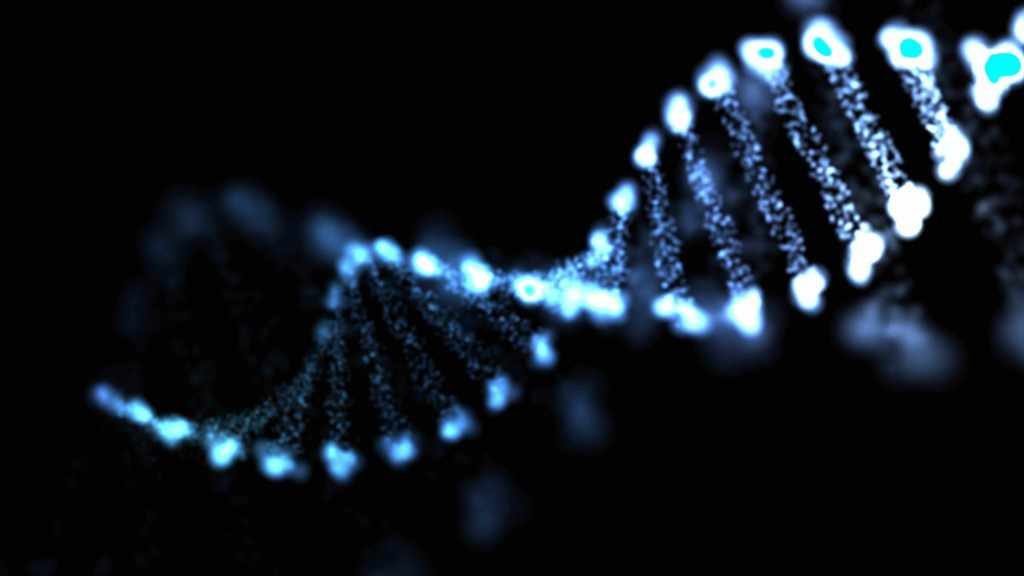-
Mayo Clinic Minute: Ovarian cancer: the gene effect
 September is National Ovarian Cancer Awareness Month. Every year, more than 20,000 women will be diagnosed with this potentially deadly disease. Symptoms are often vague and don't become obvious until the disease has spread, making it difficult to treat.
September is National Ovarian Cancer Awareness Month. Every year, more than 20,000 women will be diagnosed with this potentially deadly disease. Symptoms are often vague and don't become obvious until the disease has spread, making it difficult to treat.
Recently, the U.S. Food and Drug Administration published recommendations that women, especially those at high risk, should not rely on screening blood tests to check for ovarian cancer, because the tests are unreliable.
Mayo Clinic experts say all women who have ovaries are at risk of ovarian cancer. But, the risk increases for women with a family history of ovarian cancer and those who have certain genetic mutations.
In this Mayo Clinic Minute, reporter Vivien Williams talks to Dr. Myra Wick about the connections between genetics and ovarian cancer.
Journalists: Broadcast-quality video pkg (1:10) is in the downloads. Read the script.







